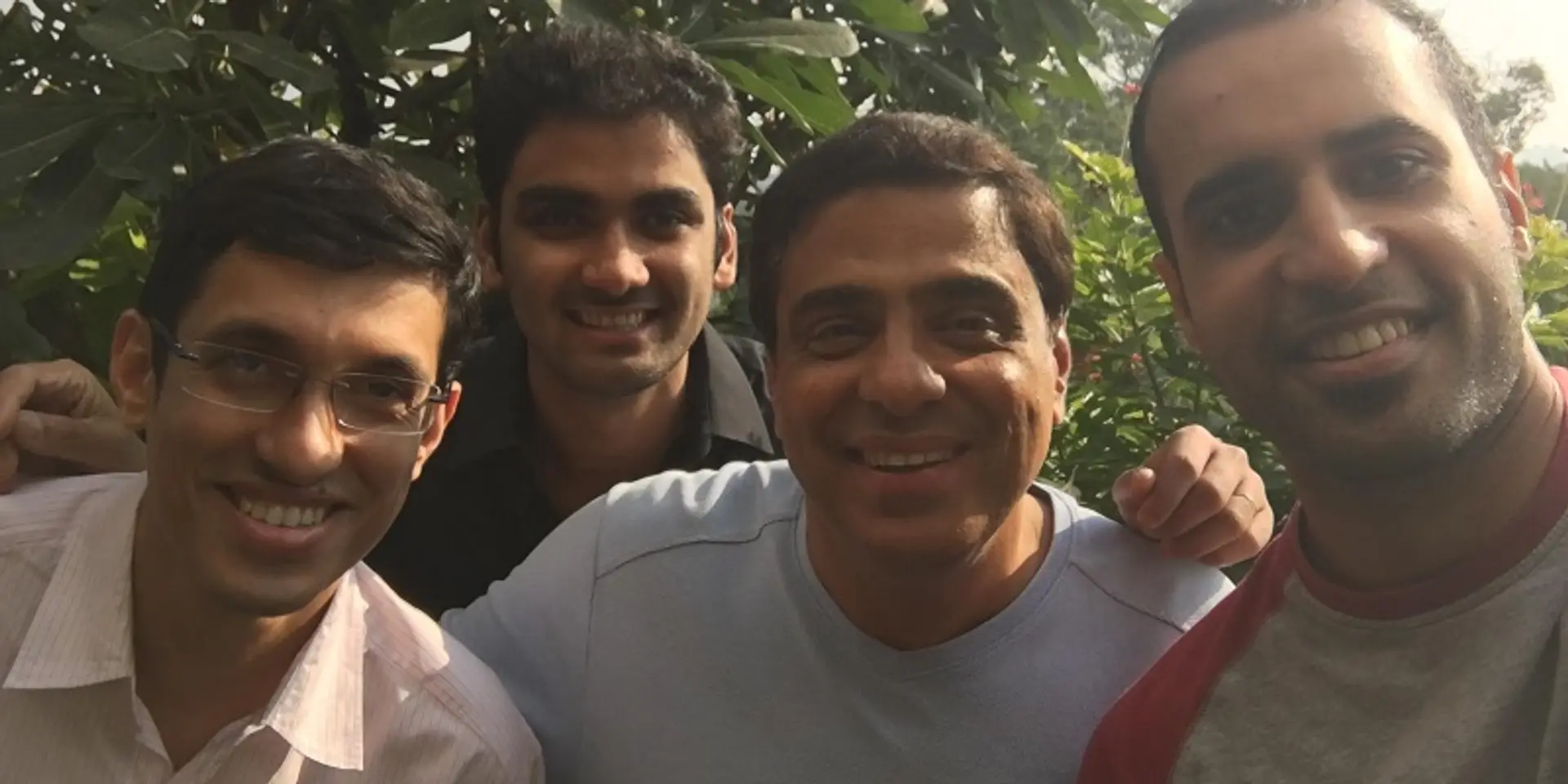How UpGrad was able to create an edutech platform with content from 30 top entrepreneurs and industry experts
How did Foodiebay pivot to become Zomato? Was it seamless? What were the challenges that were part of the pivot? What did they learn in their journey? These are some questions that an aspiring entrepreneur may have.
Entrepreneurship has largely been about learning on the job, and while that may not change, there are a whole lot of skills and learning one can gain from industry experts with UpGrad.
Started in July 2015 by Mayank Kumar and Ronnie Screwvala, UpGrad works along three broad components – learning specific aspects of different entrepreneurial concepts, experiencing these concepts by listening to industry experts talk about their challenges, and application of these concepts for real-life business needs.
“We don’t claim to teach you entrepreneurship. However, we will teach you many different things about entrepreneurship, making it easier and helping you avoid 20 mistakes that you might have made before,” says Ronnie.
The faculty members are from various different institutions: IIT, IIM, UC Berkley and Birla Institute. The experience of 30 entrepreneurs and 10 industry guest speakers is infused into the learning and concept introduction elements.

Balancing the Yin and Yang
A venture such as this requires getting the right balance of experiences, learning and activity in place. So, from initial days, Mayank and Ronnie knew they had to onboard content experts, academicians, production and technical people. Today, the team consists of 45 people.
Onboarding the experts and top entrepreneurs of the ecosystem wasn’t the challenge. Mayank says that they were stoked by the idea and were keen on doing their bit for aspiring entrepreneurs. They were also open to using the online medium considering the ease and the importance.
“You can afford to bring the expertise and experience of over 40 industrial experts in an online platform for a single individual,” says Mayank.
But problem arose while making the content academically and learning-relevant rather than it resembling talks.
Mayank says,
Getting them to take the time to understand and think on how to structure a particular concept was one side. The second part was about putting a seamless structure to the talk while on camera. To ensure this, we have a team member who prompts them with questions and answers, to get the flow right.
Also, when you have top entrepreneurs and experts, it means working at odd hours, when they are free. There are times when the team has had to shoot the content between 10 pm and 1 am. Mayank says one of the biggest challenges they will face as they scale up will be getting entrepreneurs to make some time for the lessons.
Building the right programme
The team was certain they did not want to build another edutech organisation with curated content and videos. They, therefore, decided to build a platform that brought in the experience and expertise of entrepreneurs and experts.
Ronnie adds that with UpGrad, the team is creating a demand and need that is latent. People look at the offering and then realise its importance and need. The current quality and skill requirement is unmet, and the available options that individuals have aren't cut out to meet the changing industry requirements.
UpGrad believes that education needs to have a full-stack, end-to-end approach of taking up each of the components to create something disruptive. It aims to establish 15 more programmes in the next two years and expand to multiple locations.
“It works as an education and knowledge partner to help individuals grow in their career path, find a different career route and, if need be, upgrade their career growth,” adds Mayank.
Anshul Khandelwal, VP Marketing, Bluestone, who is one of the guest speakers, says that it has been a great experience taking a session at UpGrad. He adds that experience makes learning more relevant.
Dissecting the space
The team received 2,000 applications across 20 countries and 200 cities. UpGrad refused to share revenue numbers. Shejin Velayudhan, one of the students, says that it has been a great start with UpGrad. “After the first few sessions, I am impressed by the balanced mix of knowledge dished out in various formats, including videos, plain text, questions/answers, PDF. I found it very invigorating,” he adds.
Mayank says that there are 150 million people in the age bracket of 18 to 24 years, but less than 25 million among them look at getting a higher education. This means that one out of every five individuals who should be at higher education is not pursuing it today.
“Till the time online education remains supplementary to the core education system, there will challenges in scaling up in the online education space. There has to be a core education experience rather than a supplementary to what you’re going through in a school or a college or university,” he adds.
YourStory take
With more than 1.4 million schools and over 35,000 higher education institutes, India has the largest college-going population and one of the largest higher education systems in the world. Yet, less than one in five of the relevant population enrolls for post-secondary education. Less than 30 per cent of Indian graduates are considered employable by the industry.
While there are several funded edutech startups like Vedantu, Simplilearn and others, UpGrad claims to be working on a different model. Ronnie says that the programme is a designed curriculum made of real-life experiences which cannot be found online.
It would be worthwhile to watch how UpGrad fares in comparison to other skill development platforms like Skill Up India by Karl Mehta.







